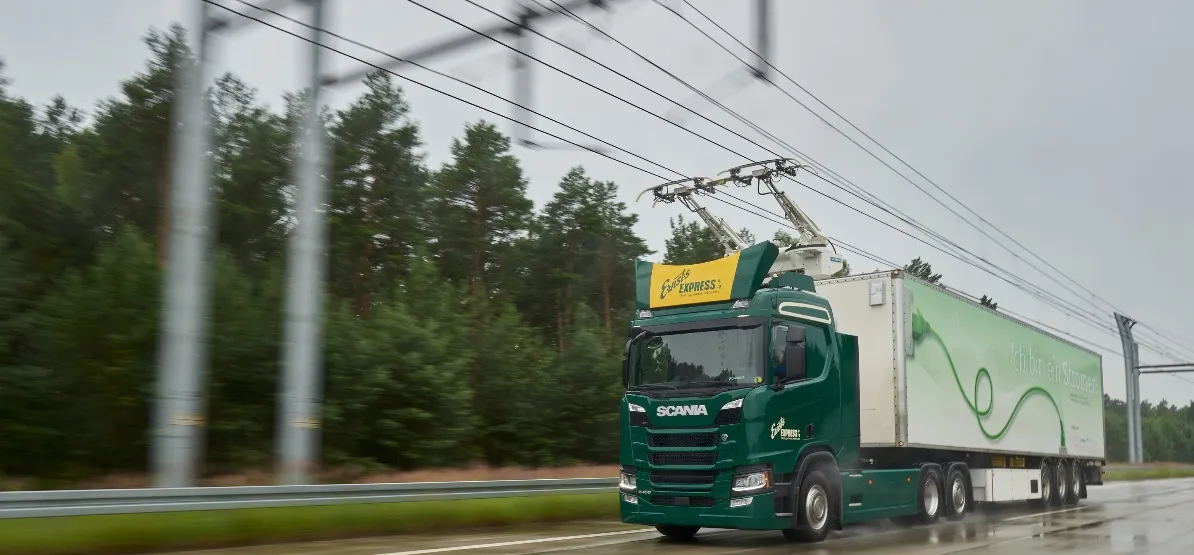
Trafikverket, Sweden’s Transport Administration, will decide early next year where it will set up an electric vehicle and electric road test section.
The choice for testing is between the Norvik Port/Nynäshamn-Årsta/Stockholm section and the Örebro-Hallsberg road section, according to Jan Pettersson, project manager for the electric roads project at Trafikverket.
Construction of facilities along the chosen road section should completed by the end of 2023.
Pettersson stated that other roads could be adapted if the technologies used in the test sections prove viable.
Swedish global truck manufacturers has been involved trials in Sweden and Europe for several years.
Since 2016, electrically-powered Scania trucks have been operating on the E16 near the Swedish city of Gävle, with the backing of the regional authority, according to the manufacturer.
In May 2019, an electric road for long-haulage transport was inaugurated in Germany, with Scania supplying the hybrid electric trucks. Scania is also involved in other eHighway projects in Italy and Sweden.
In Italy, a similar project is getting underway on a six-kilometre stretch of the A35 Brebemi highway in northern Italy, with the involvement of the regional road authority.









